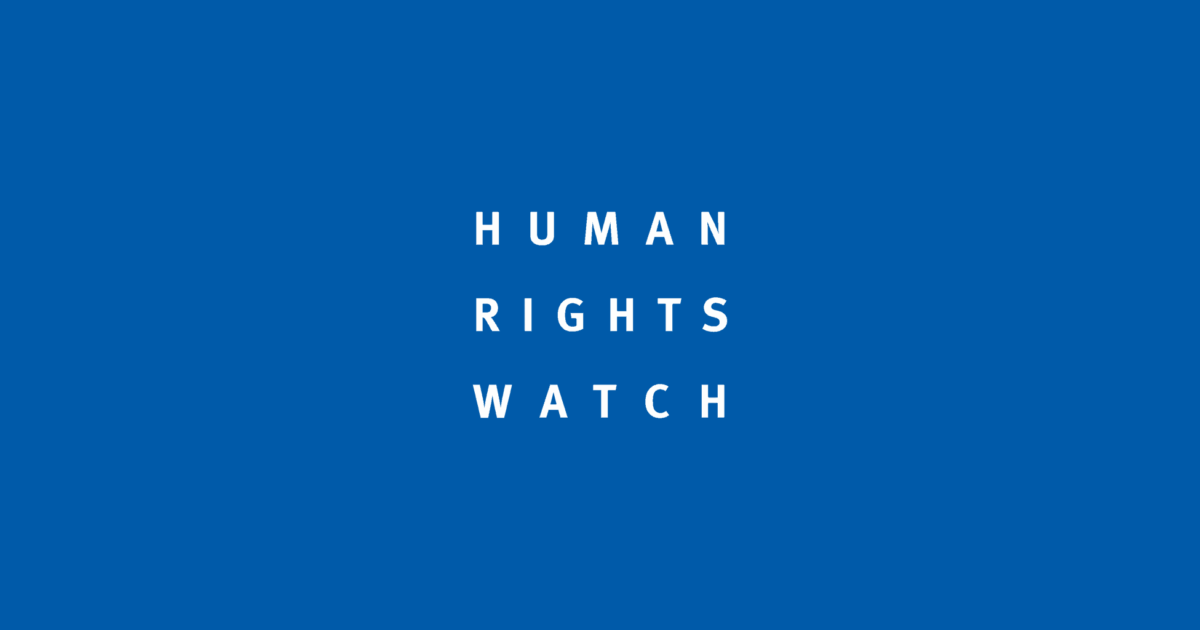Colombia
Colombia
Current and Past Recommendations to the UN Security Council (Monthly Action Points)
As the Security Council discusses the situation in Colombia, it’s important to acknowledge the positive developments, notably the historic number of women elected to the legislature and increased representation of women in the executive branch, including the cabinet, while also continuing to focus on the insecurity that exists for a large portion of the population. Civilians in many areas of Colombia, particularly rural areas are experiencing increasing levels of violence at the hands of armed actors, including killings, abductions, disappearances, sexual violence, and displacement, particularly within Afro-descendant and Indigenous communities with profound impacts on women human rights defenders, signaling an urgent need to prioritize civilian protection in state responses to violence and shift away from strategies, including those involving increased presence of security forces, that perpetuate and exacerbate the harm that has been experienced by rural communities for decades. In line with the Report of the Truth Commission, the Security Council should call for cessation of the use of violence, often targeting Afro-descendant, Indigenous, and LGBTIQ+ individuals, including excessive force, killings, beatings, sexual and gender-based violence, and arbitrary detention, by members of the Colombian police and military forces against protestors, human rights defenders, and bystanders, including those who advocate in opposition to certain corporate activity especially the large-scale exploitation of natural resources. The Council should reiterate the need for a negotiated solution to conflicts with all the various illegal armed actors, in line with the intentions of “total peace” discussions and ensure that gender and women’s rights are central to any conversations, including in any dialogue with the ELN. Further, the Council should underline the importance of ensuring “total peace” discussions are participatory and inclusive of civil society, particularly with women in all their diversity, youth, LGBTIQ+, Afro-descendant, Indigenous, and rural authorities and communities. In its renewal of the mandate of the UN Verification Mission in Colombia, the Council should:
- Call on the Verification Mission to prioritize support for implementation of those provisions of the peace agreement which are particularly outstanding, notably gender provisions and the Ethnic Chapter, such as age- and gender-sensitive reintegration and reincorporation support, specifically cash assistance, socioeconomic guarantees; women’s acquisition of land, loans, and technical assistance; access to formal and non-formal education and health services that encompass sexual and reproductive health care, and services that are inclusive of pregnant and lactating women and girls living in Territorial Training and Reincorporation Spaces (ETCR).
- Call on the Verification Mission to prioritize support for safety measures including non-militarized methods, such as the security guarantees and protection efforts established under the Accord, collective security protocols, community-based and gender-responsive self-protection and early warning systems, and the implementation throughout the country of the Comprehensive Program of guarantees for women defenders and leaders (PIG Mujeres) and the review of the structure and operation of the National Protection Unit. Further, the Verification Mission should provide support to ensure that security and protection systems adopt an intersectional approach.
- Condemn all violence carried out against civilians, including social leaders and human rights defenders, and further explicitly require all mandated tasks to be developed and implemented in consultation with women leaders and human rights defenders, particularly those from Afro-descendant, Indigenous and rural communities, as well as women and girls who are former combatants or were formerly associated with FARC.
- Emphasize that the mission has an important role in advocating for and supporting government efforts to strengthen accountability and transparency in transitional justice processes, including by expanding the capacity of current response mechanisms, implementing concrete measures to dismantle barriers to active and safe participation and access for women, particularly Afro-descendant, Indigenous and rural women, bolstering monitoring capabilities and production of publicly available data, and reinforcing the importance of ensuring that all forms of gender violence are considered in justice processes, as required under Security Council resolution 2366 (2017) (OP 2), and §§3.4 & 3.4.1 of the Peace Accord.
- Emphasize that all reporting must include a focus on gender-sensitive conflict analysis and data disaggregated by gender, sex, race, ethnicity, sexual orientation and gender identity, and disability, including in the context of information related to violence against former combatants, social leaders, and Indigenous, Afro-descendant, rural and LGBTIQ+ communities, who receive additional threats of GBV, including domestic violence (CARE Intl., HRW, Amnesty Intl., Amnesty Intl.).
- Promote the technical, political, and financial sustainability of the Participation Instances associated with the implementation of the Peace Agreement, such as the IANPE Special Instance for Ethnic Peoples and the IEM Special Instance for Women to monitor the gender measures of the Peace Agreement.
Relevant Resources




